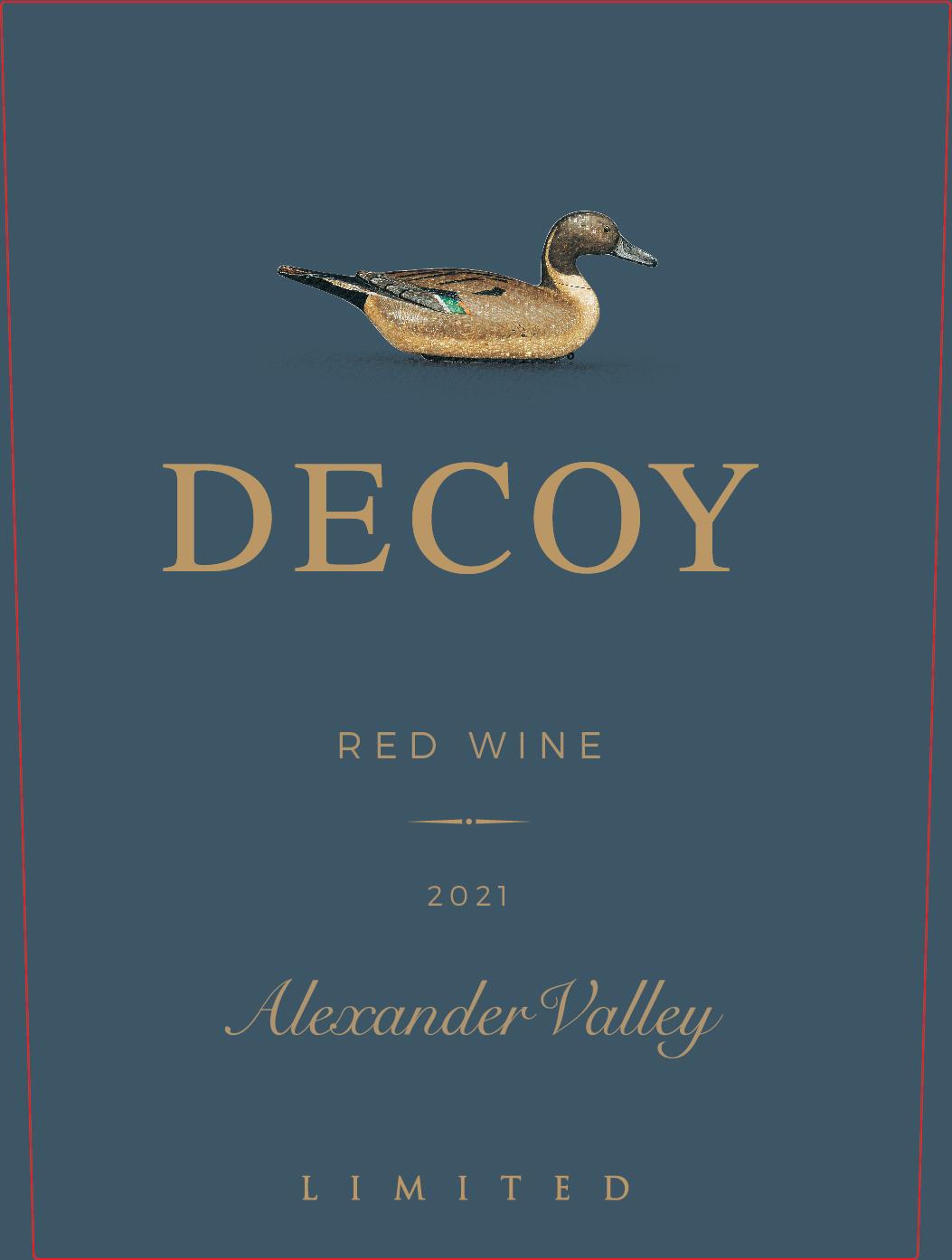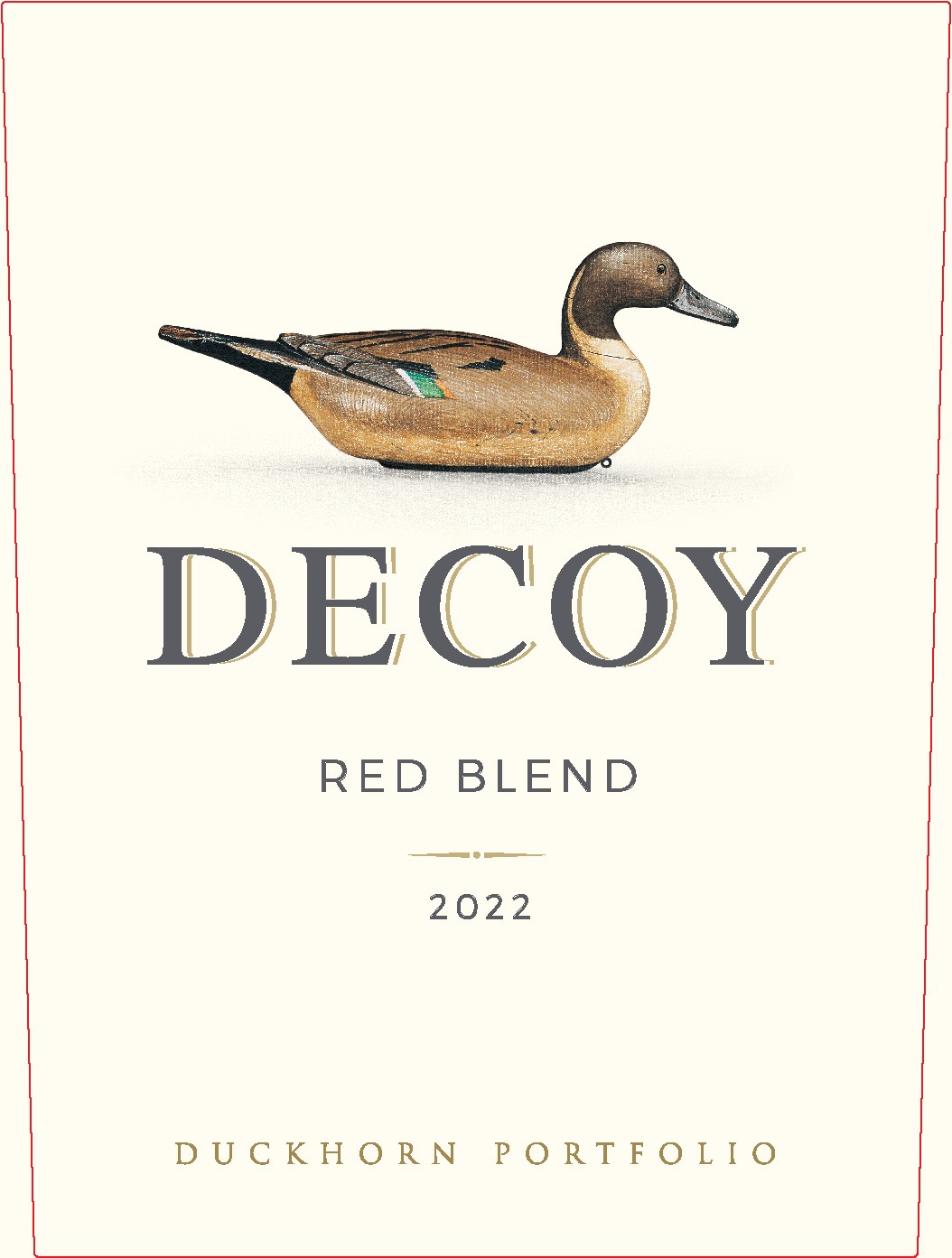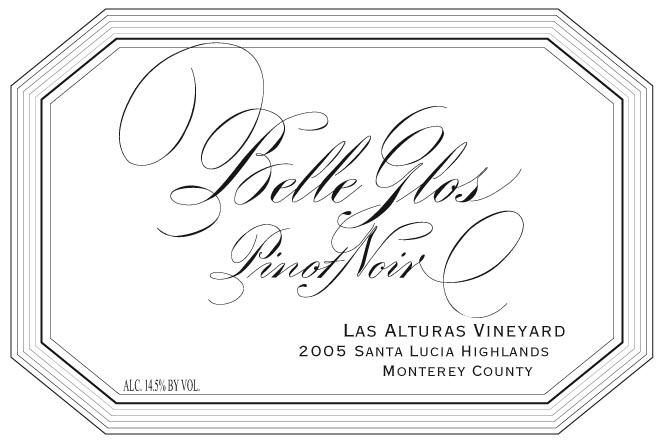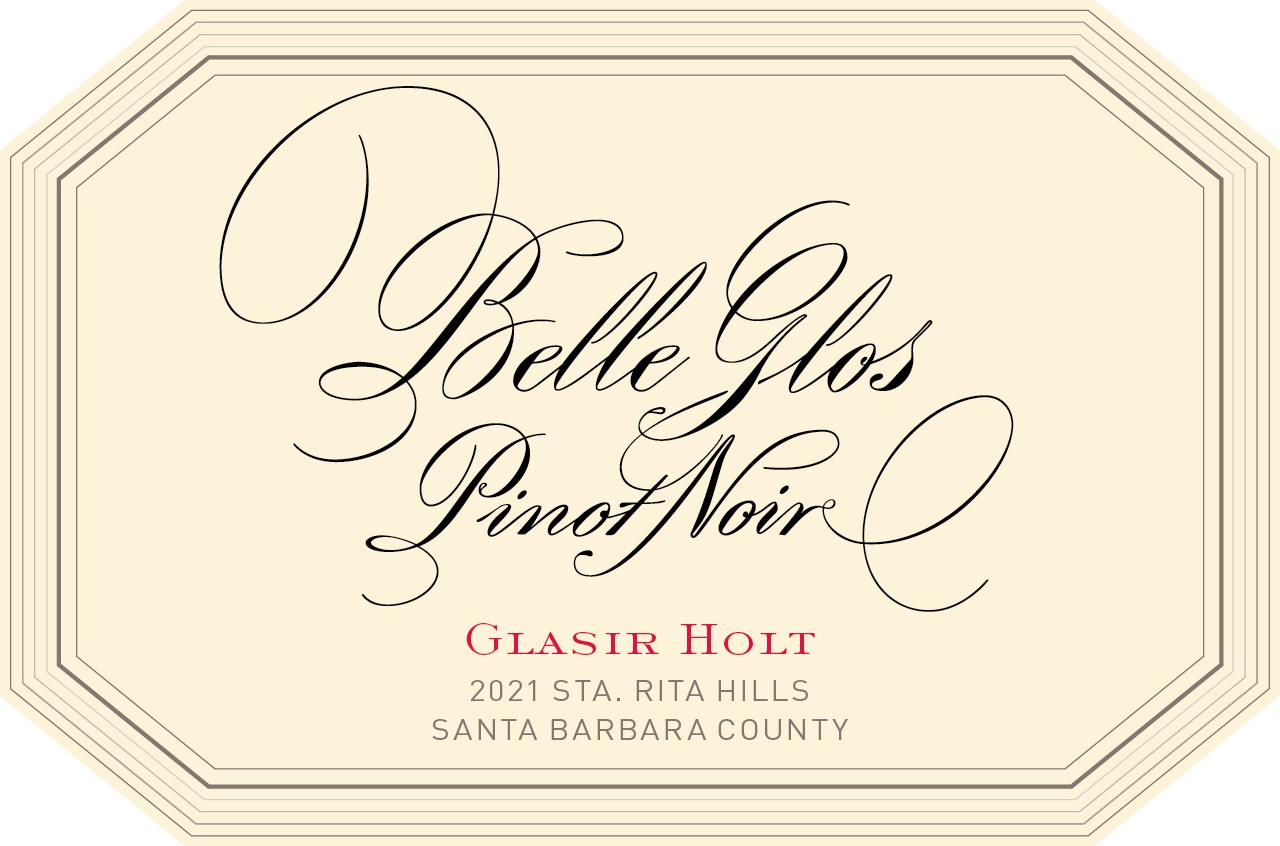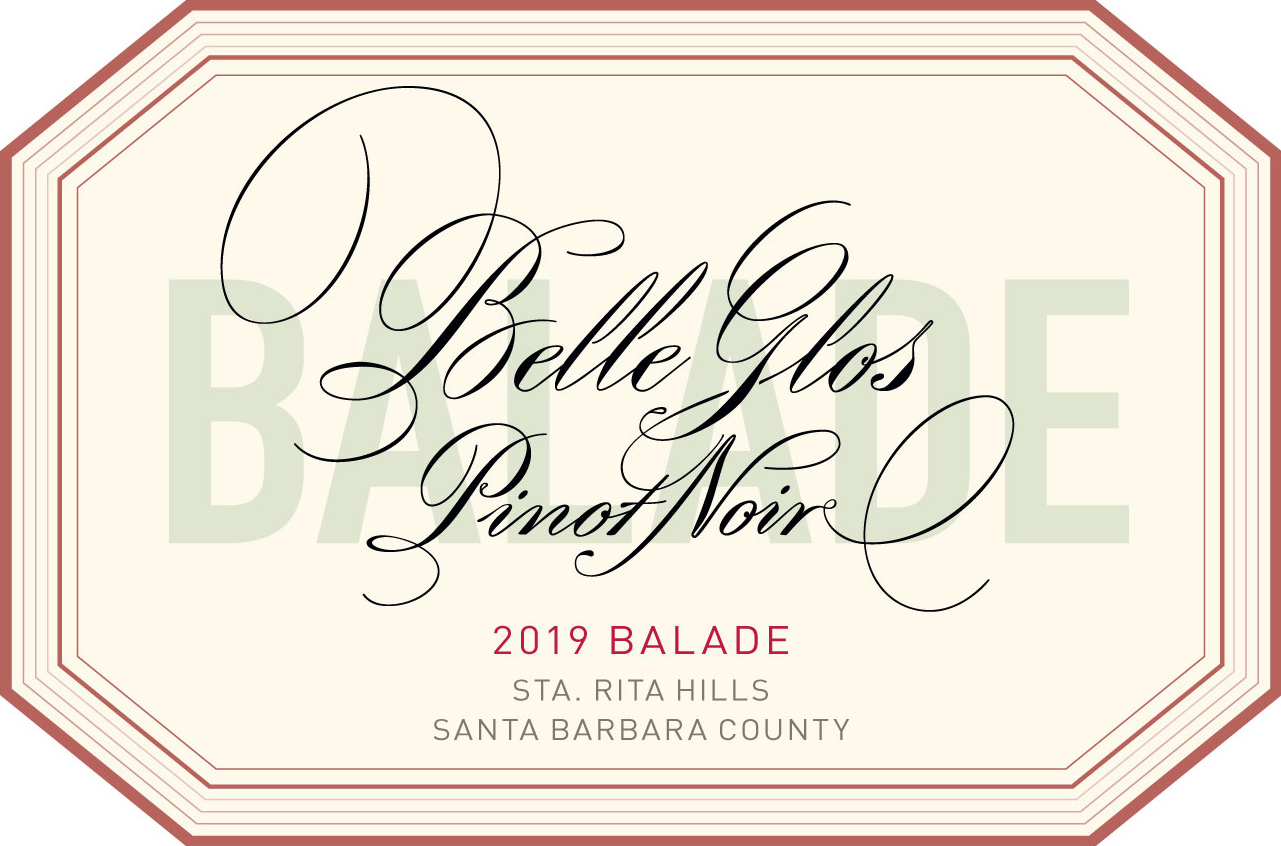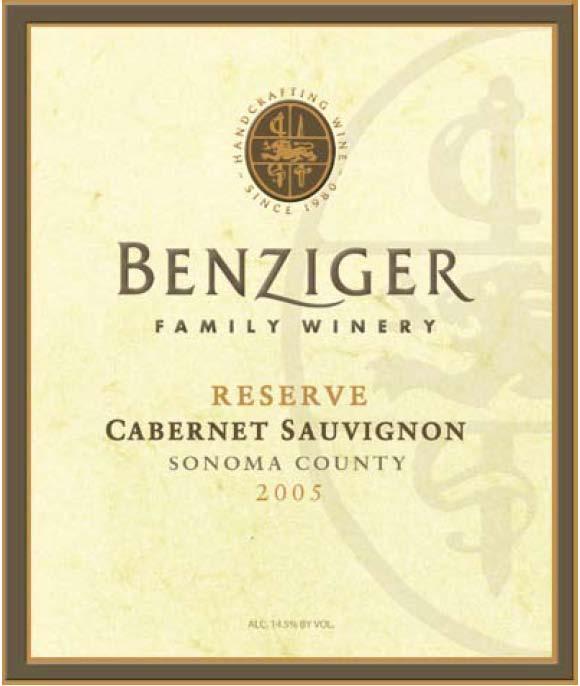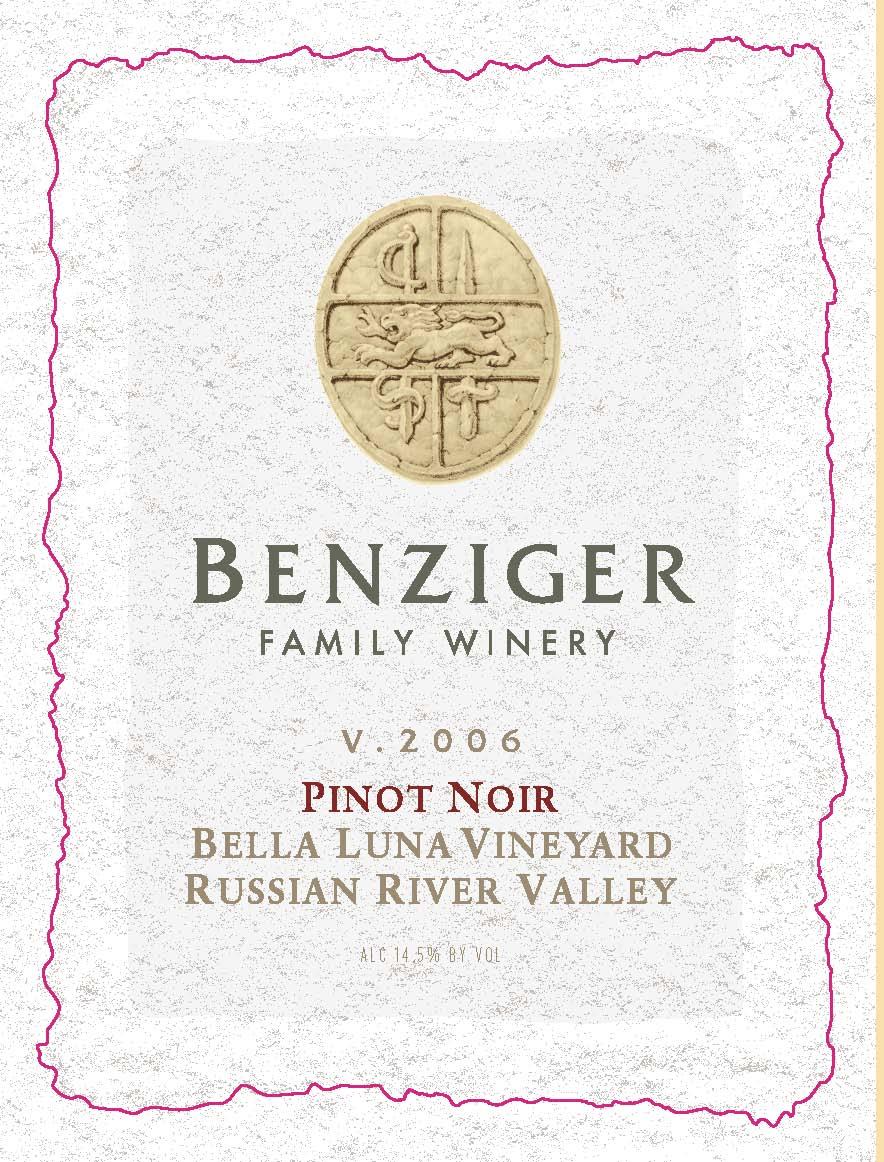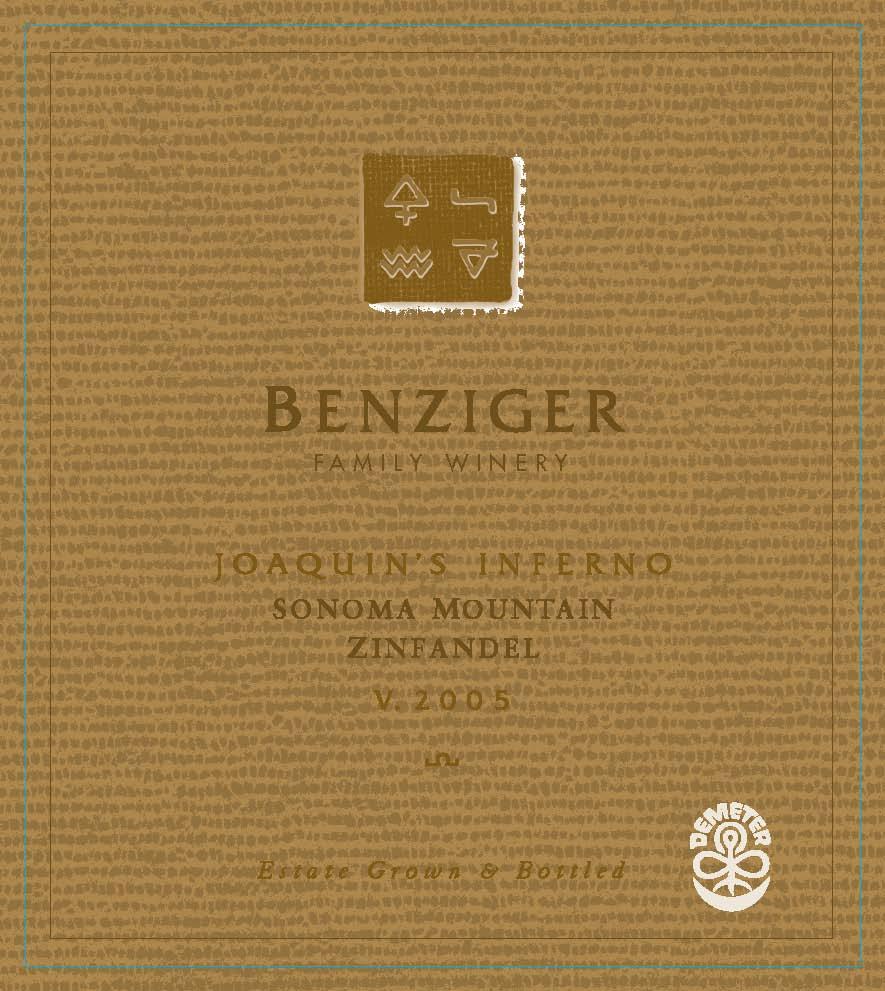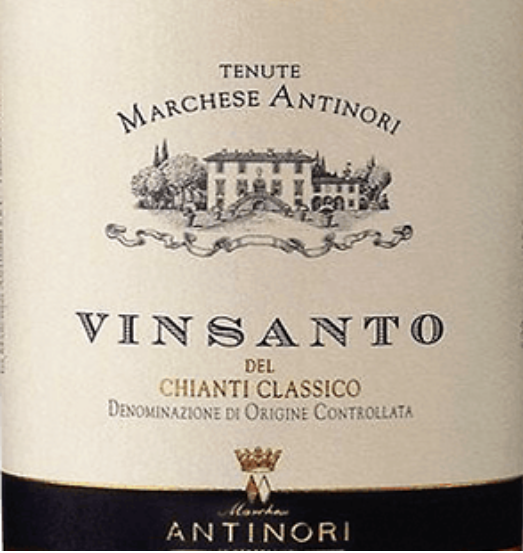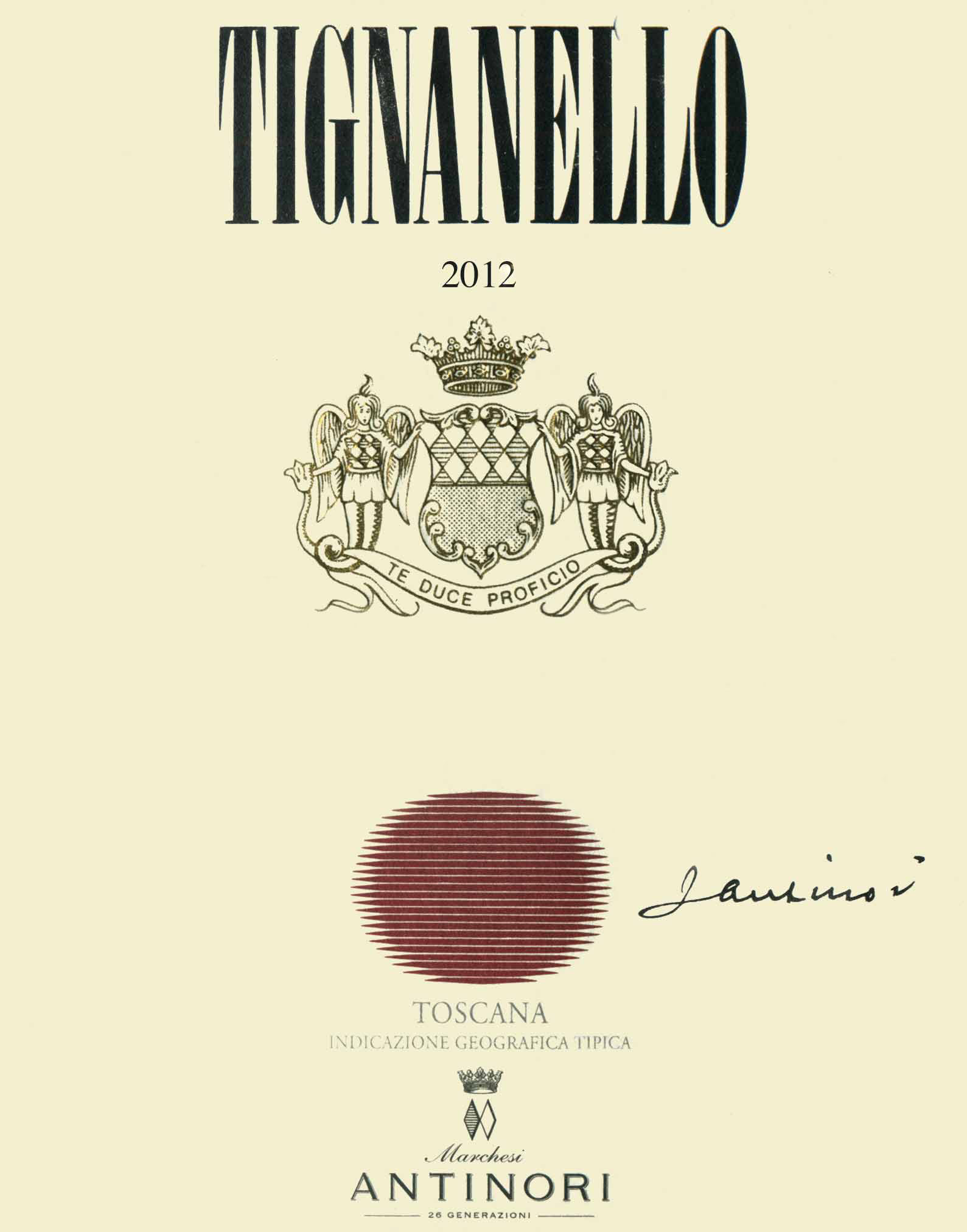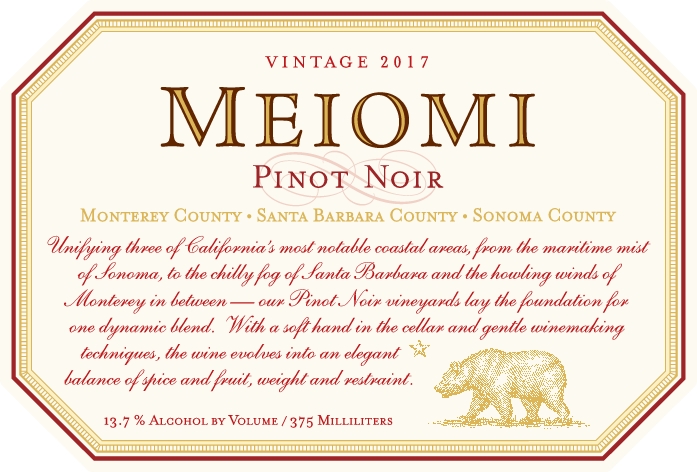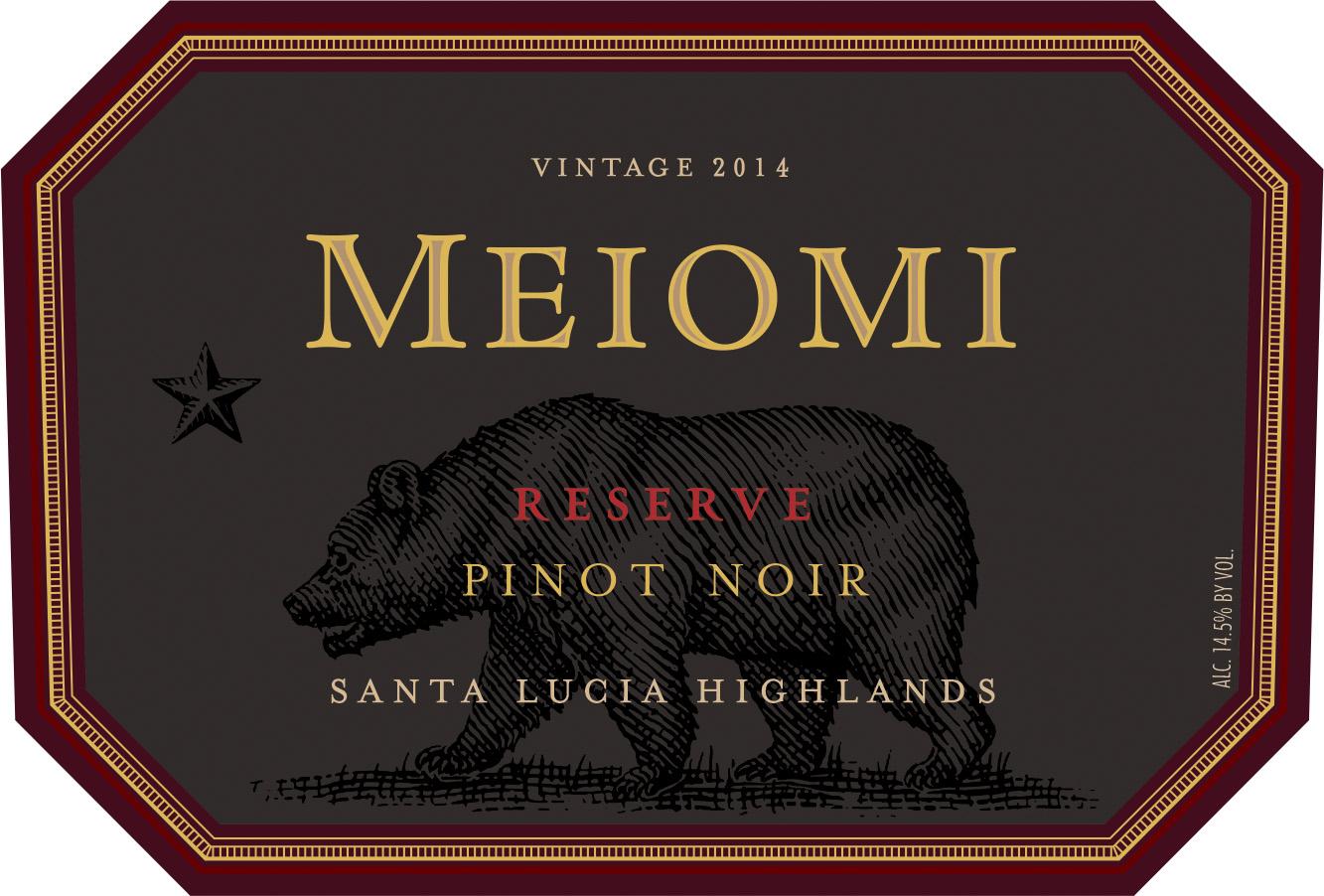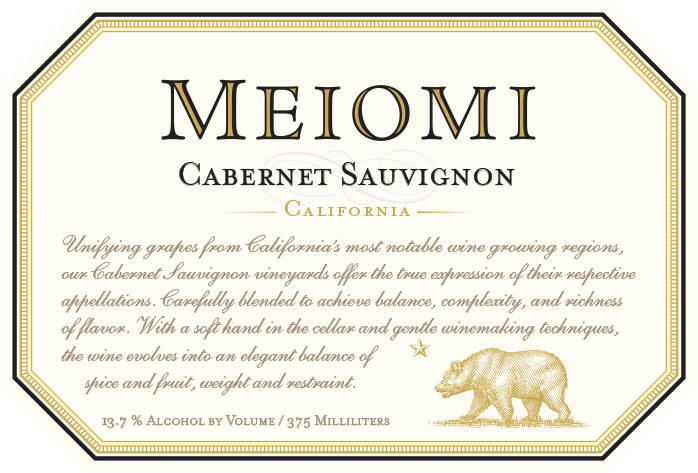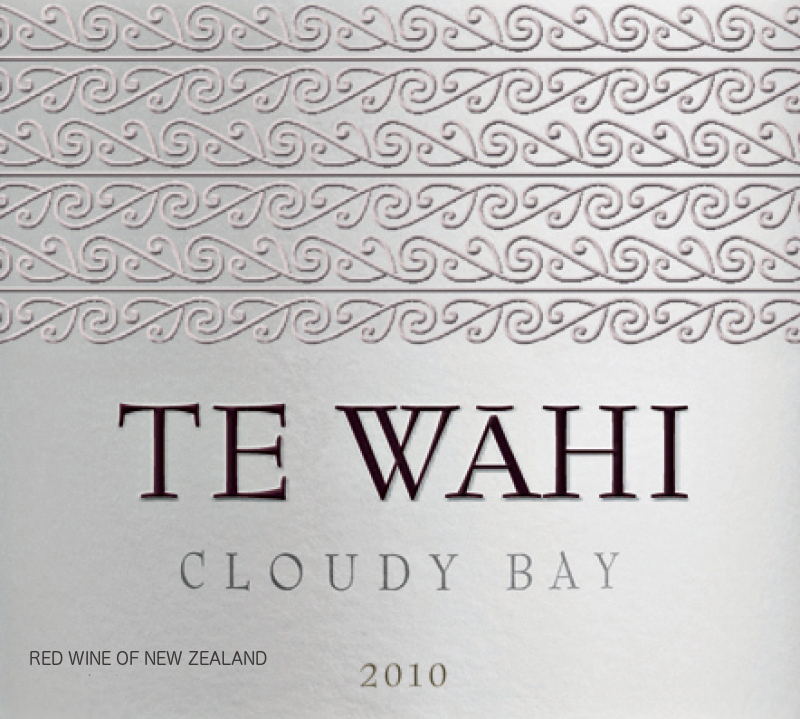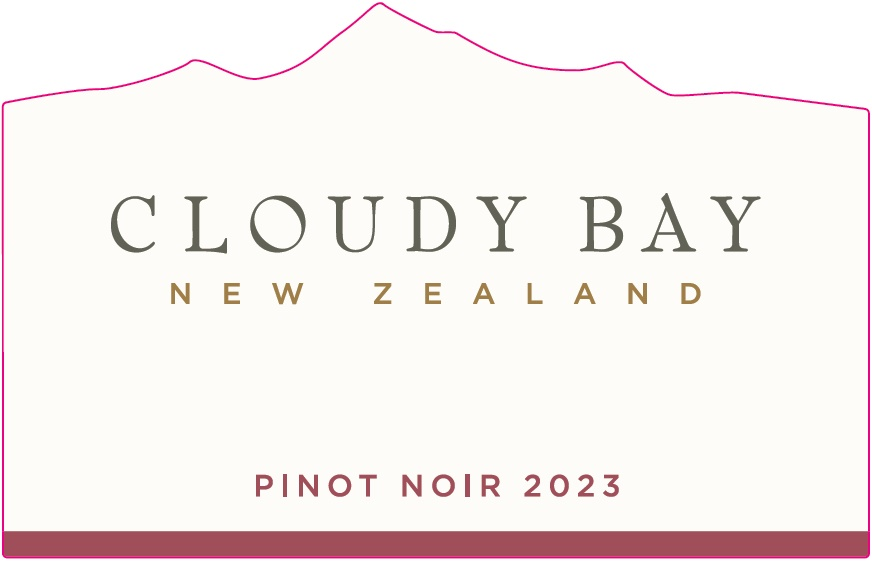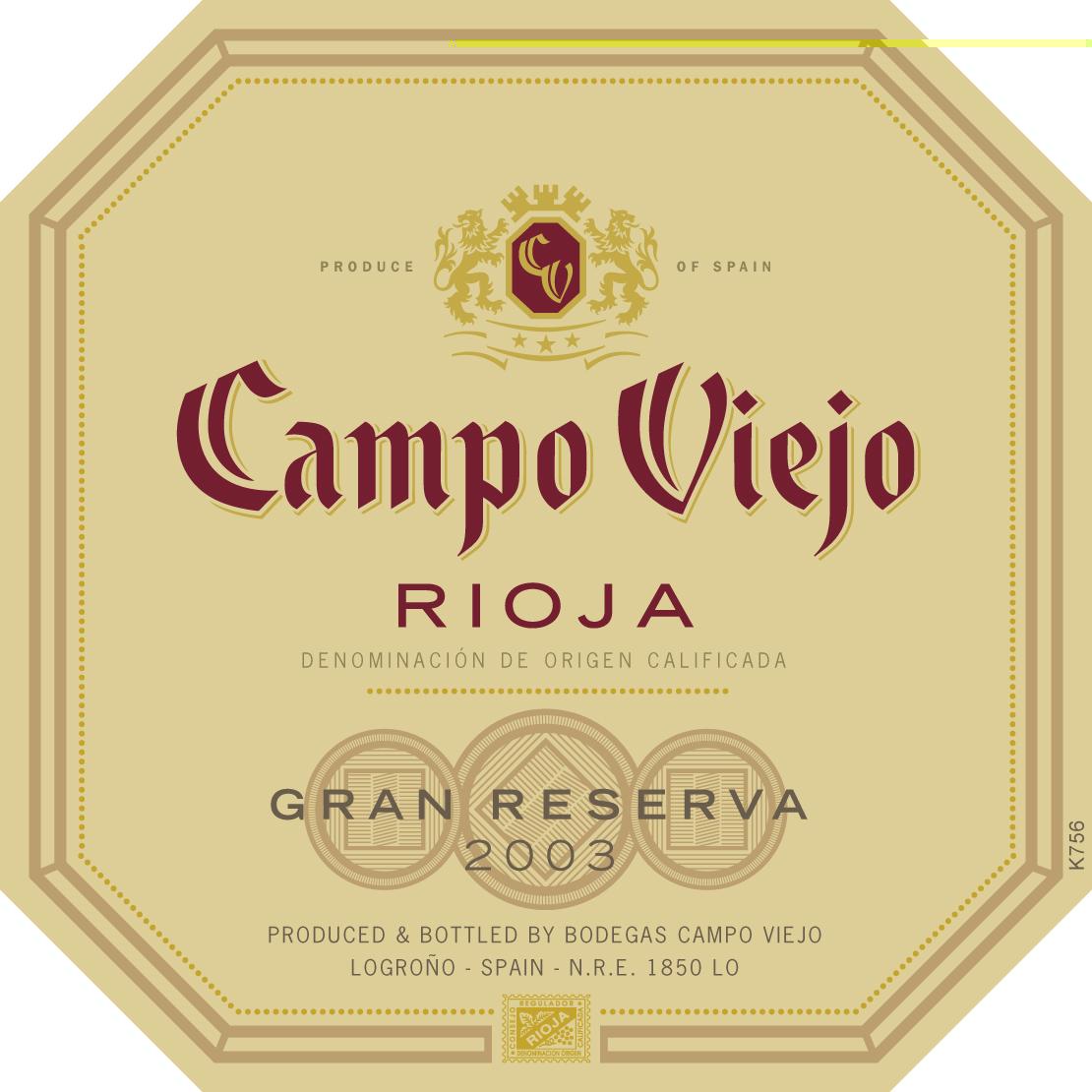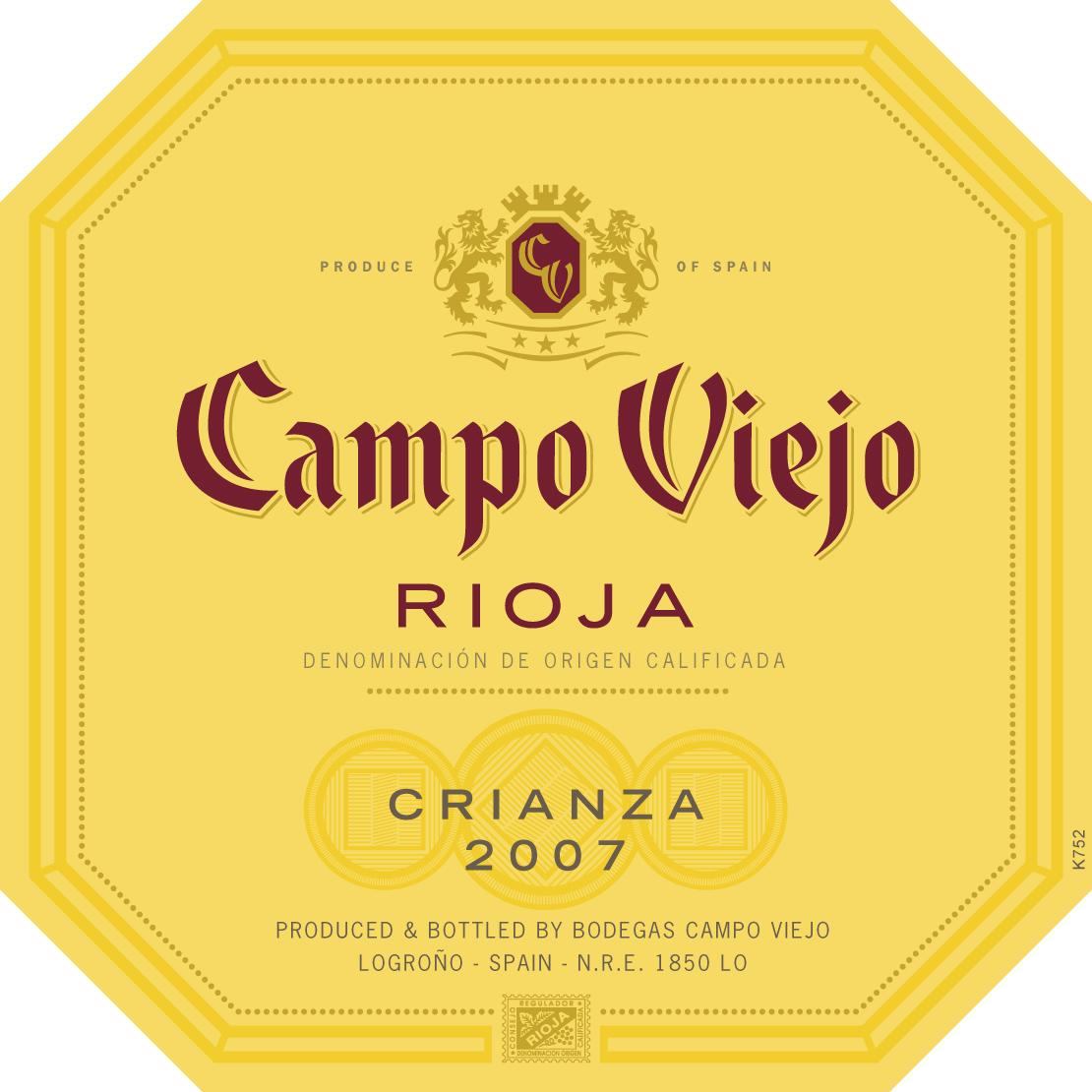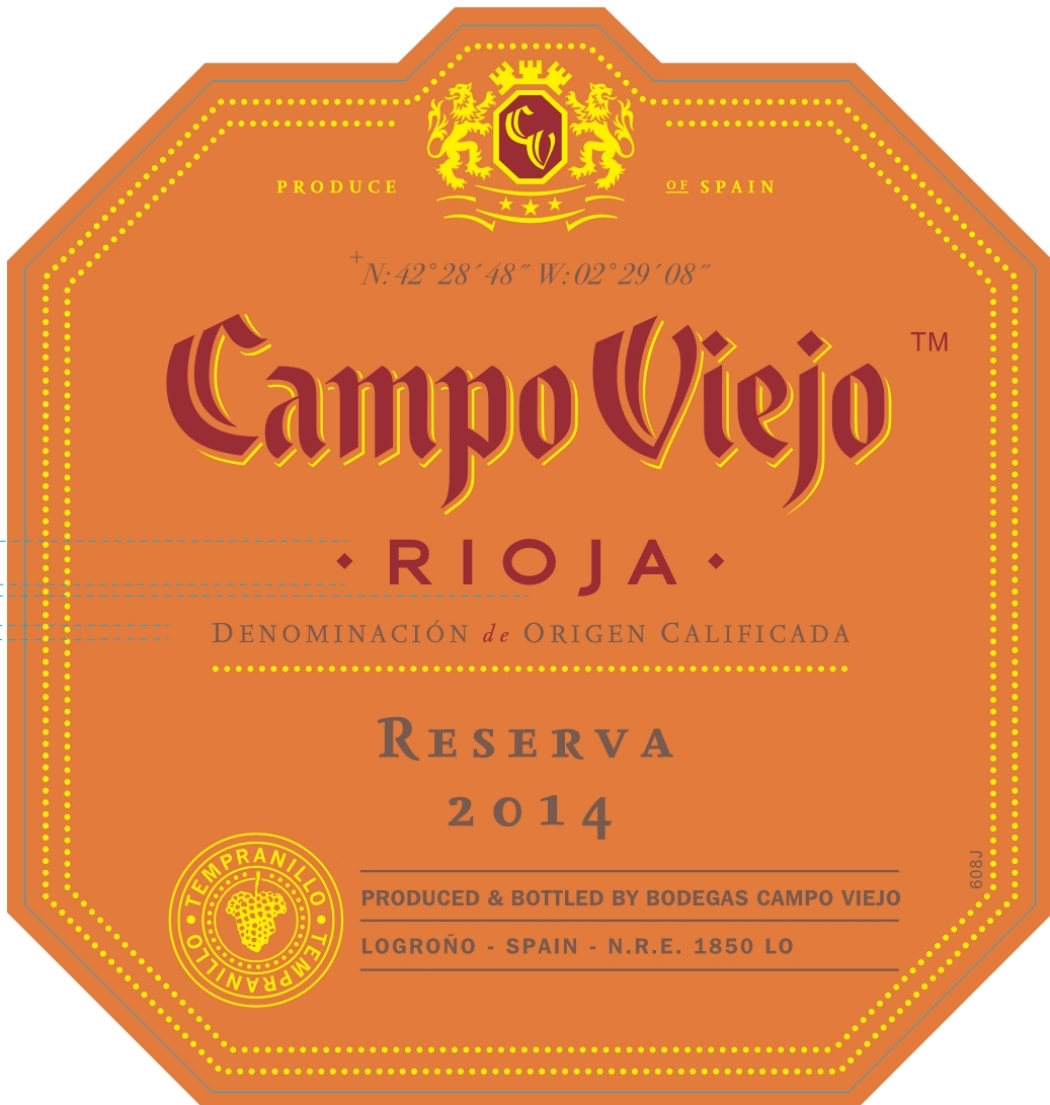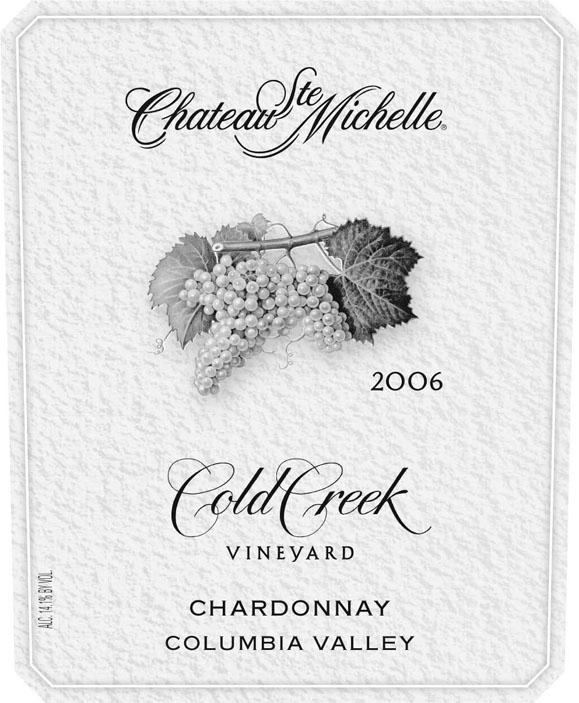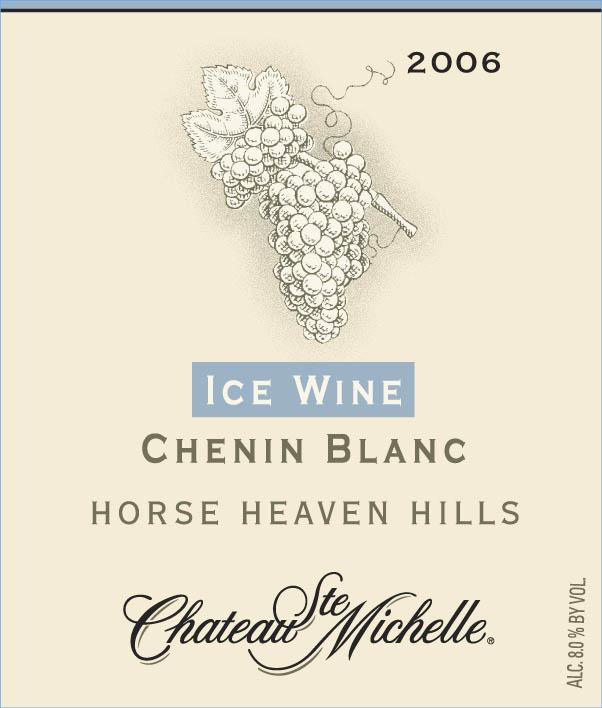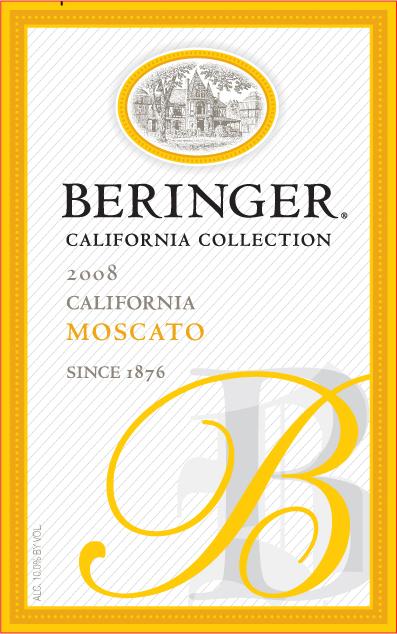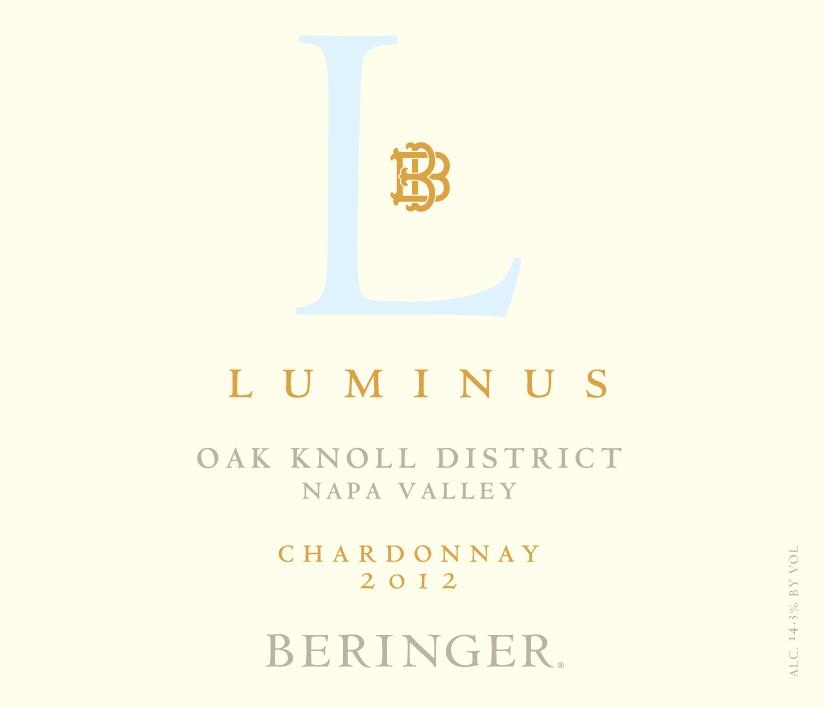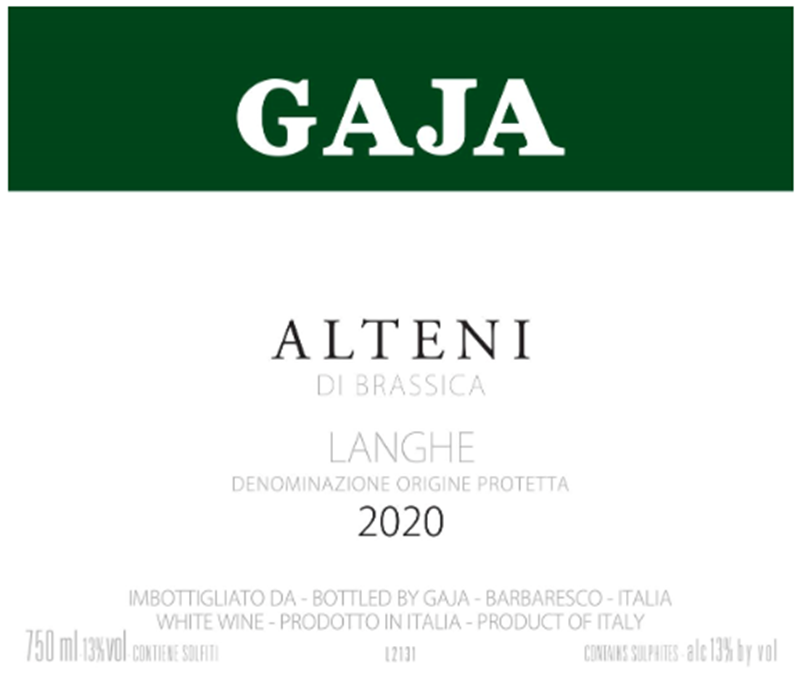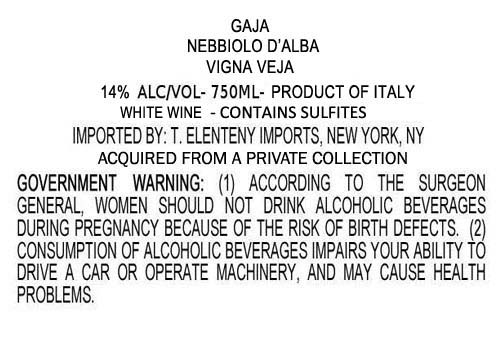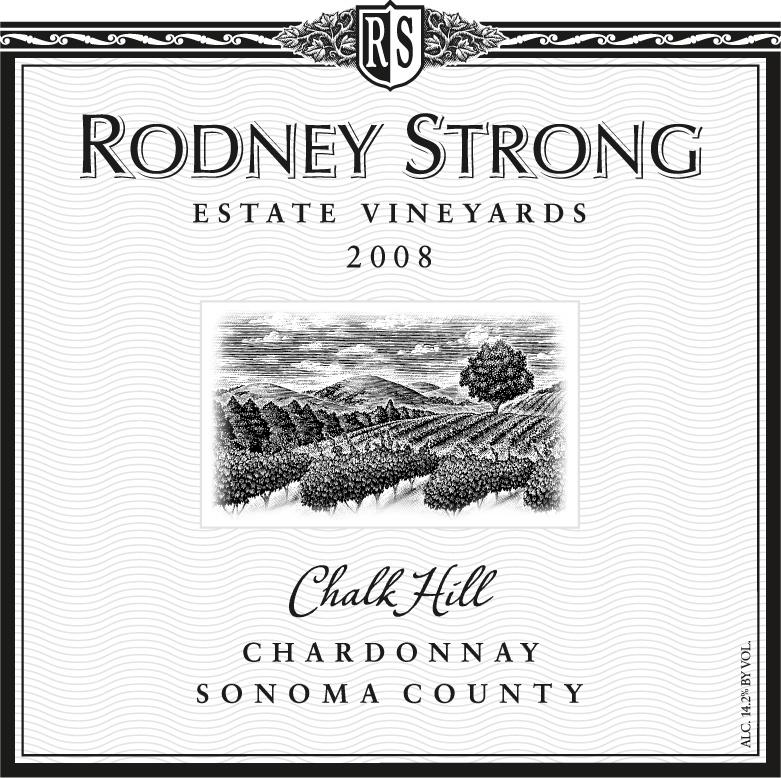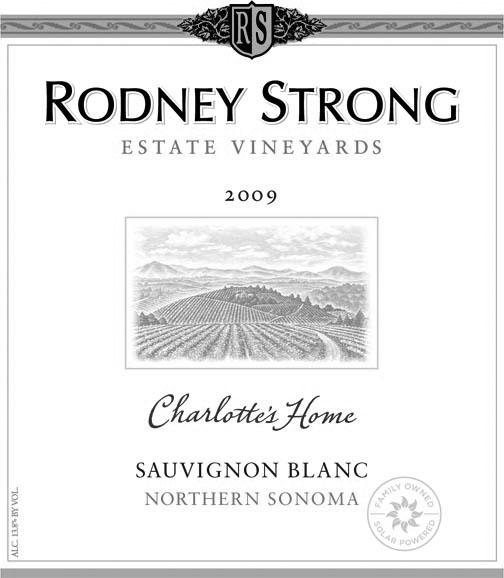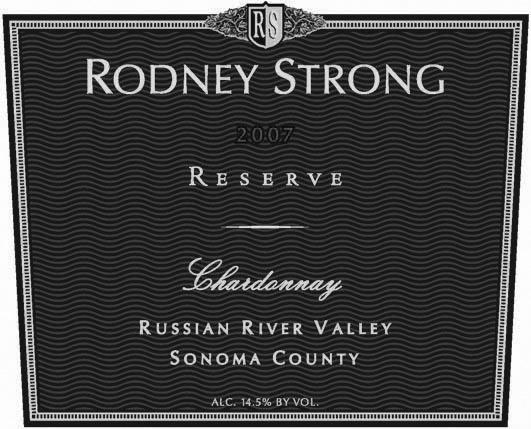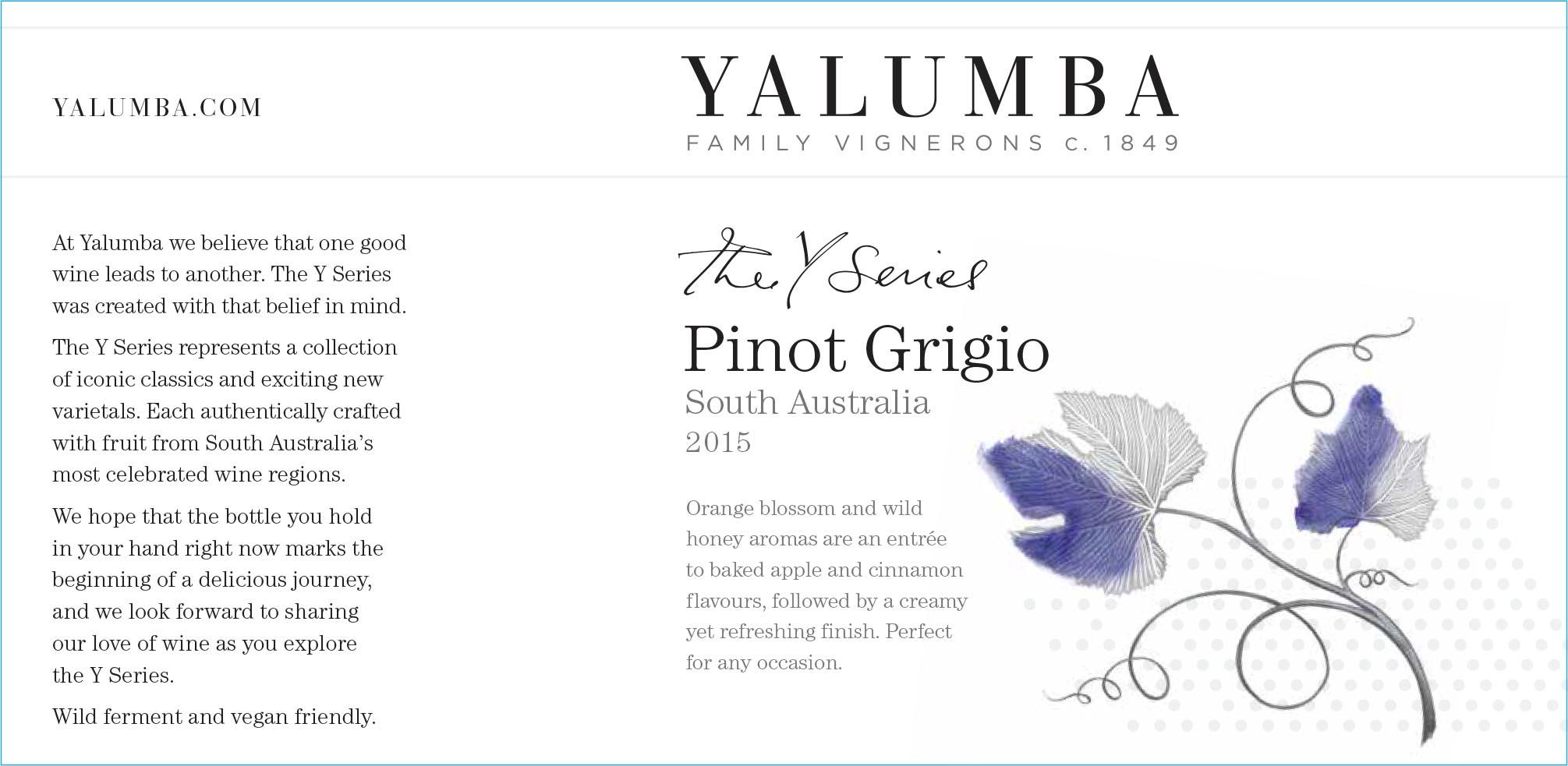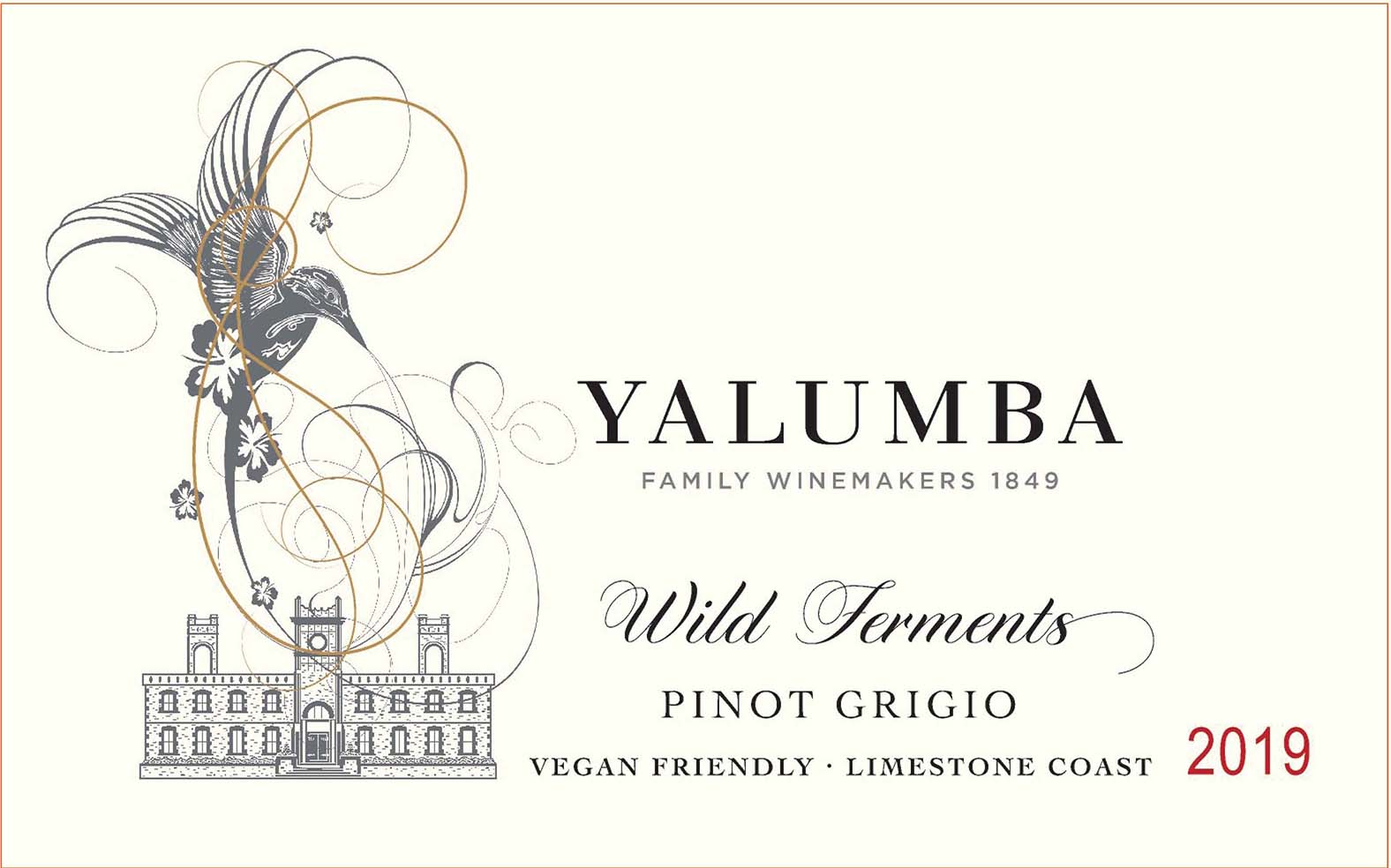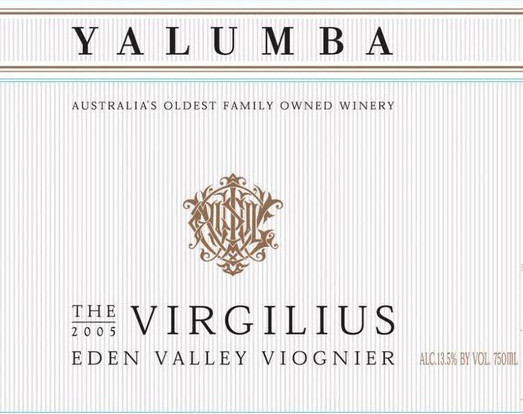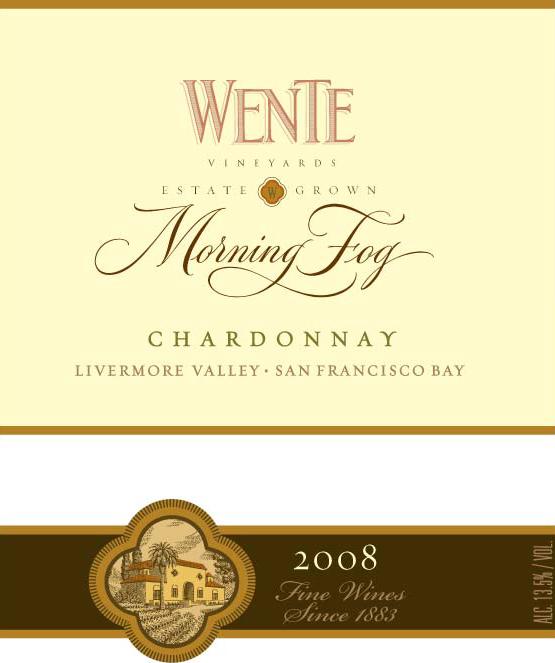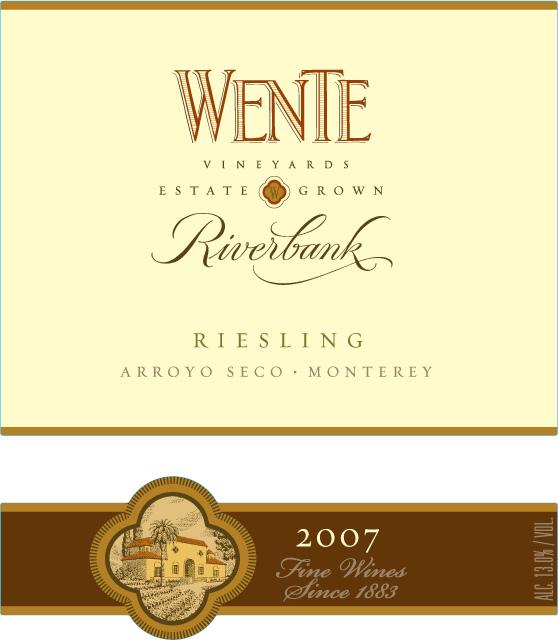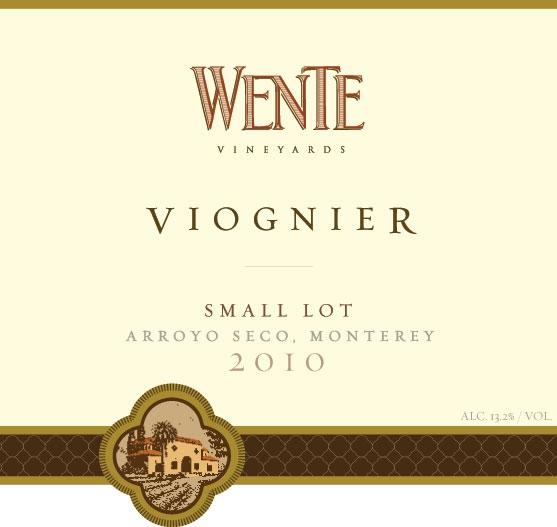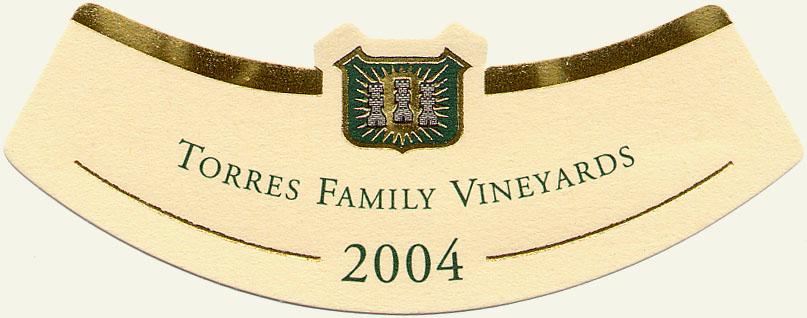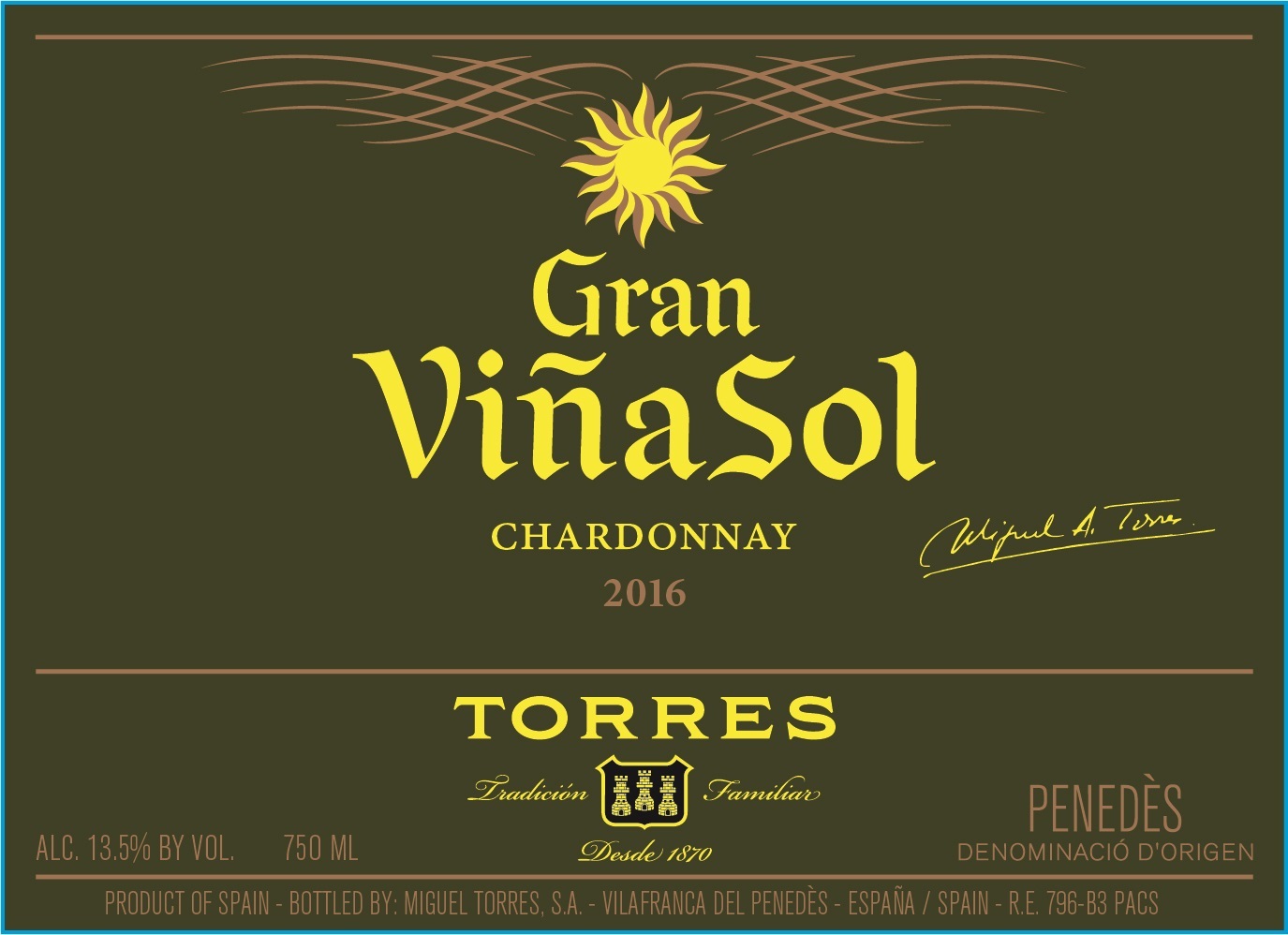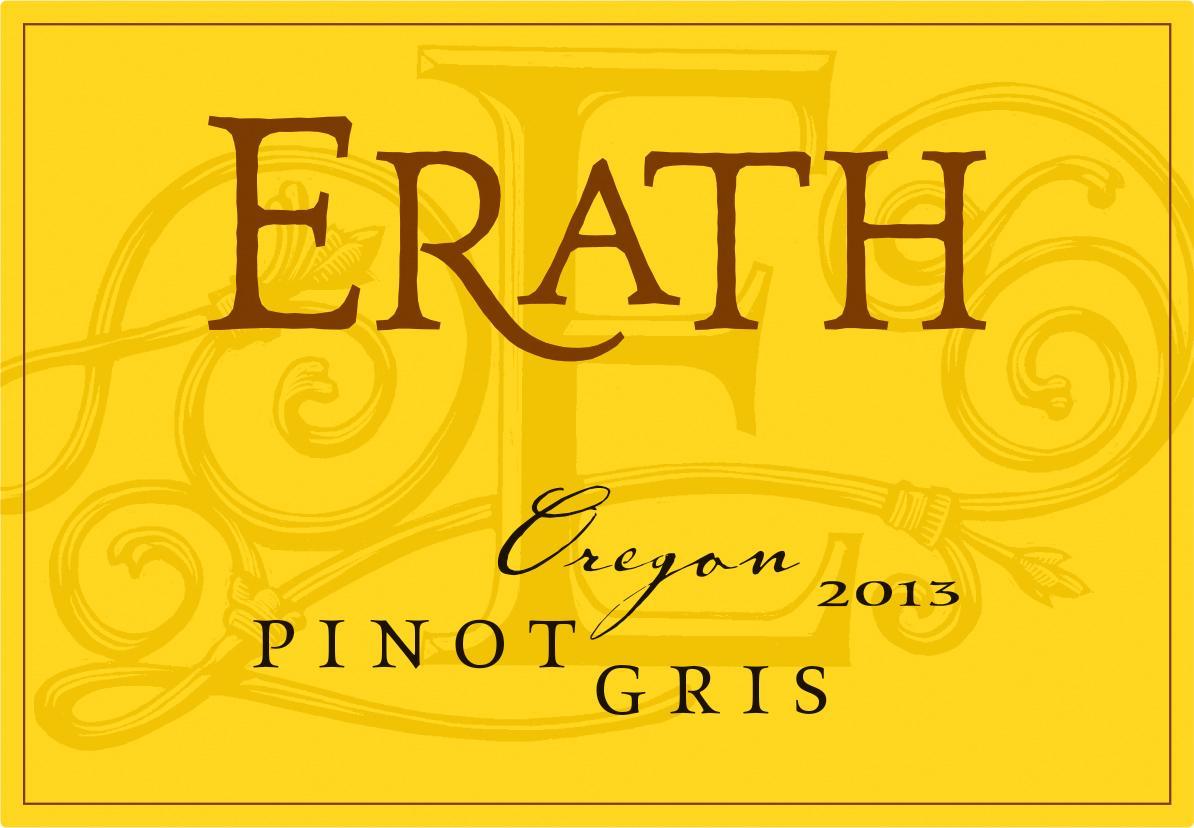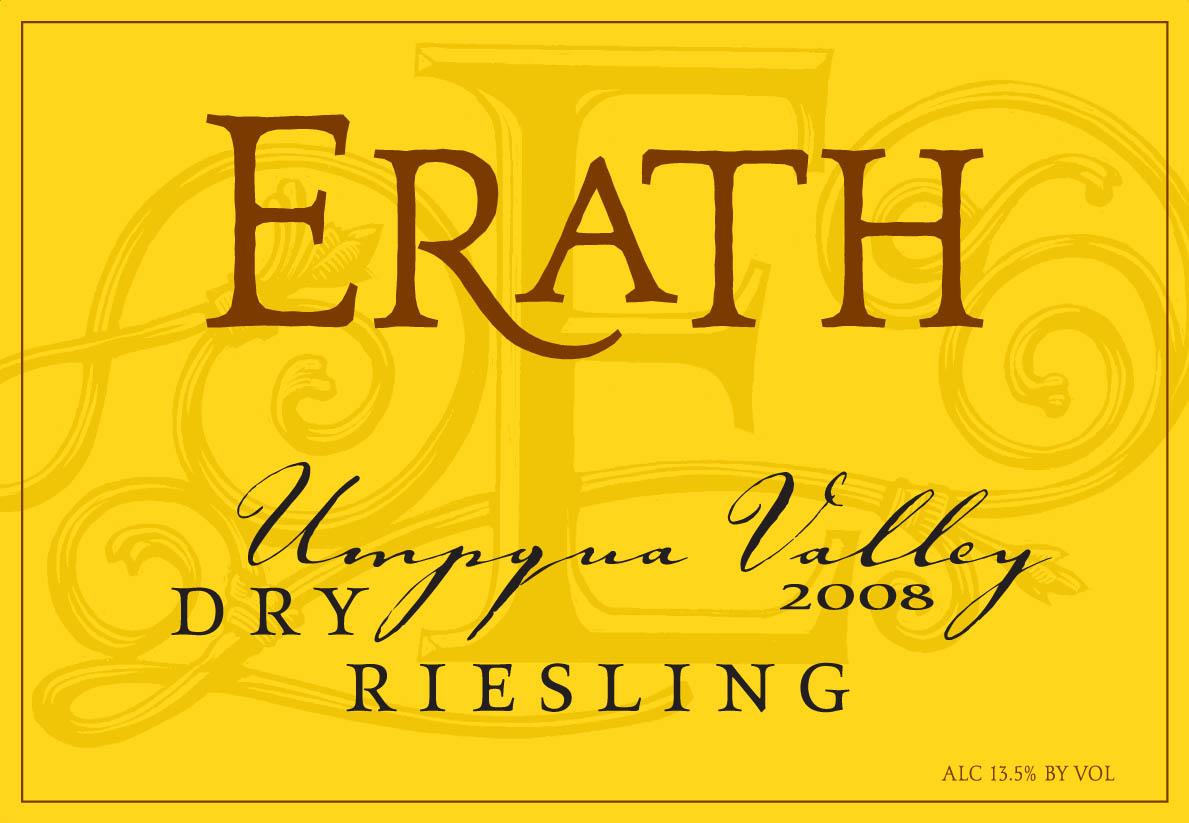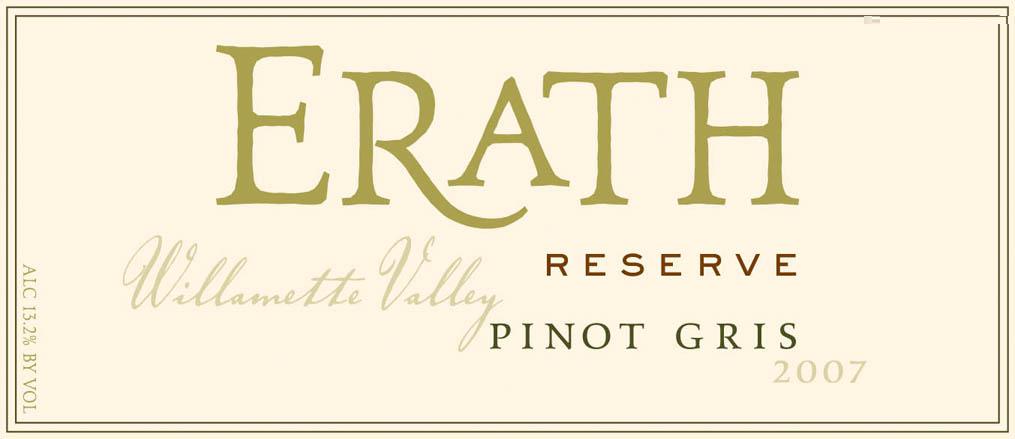Terroir of Niagara Peninsula
Niagara's terroir is a perfect mix of geography and climate, ideal for its famous wines. Nestled between Lake Ontario and the Niagara Escarpment, the region enjoys a special microclimate that balances its weather. The cool climate, with warm summers and cold winters, is softened by Lake Ontario, which delays spring warming and extends the fall growing season. This helps grapes ripen fully, boosting flavors and acidity, essential for red wines and Icewine.
The area's diverse landscape, from the limestone-rich benchlands to fertile plains near the lake, creates unique microclimates. Soils range from well-drained stony clay to heavier clay-loam, influencing the taste of varieties like Chardonnay and Pinot Noir. Despite challenges like high summer humidity and harsh winters, innovative farming ensures Niagara's vineyards thrive, producing wines with great balance and freshness.
Notable Wineries in Niagara Peninsula
Niagara is home to several exceptional wineries that have shaped its reputation as a wine powerhouse. Among these, Inniskillin Wines stands out for its pioneering Icewines, while Château des Charmes offers a taste of French heritage with its noble vinifera grapes. Tawse Winery impresses with organic practices and award-winning Chardonnays, and Henry of Pelham showcases the region’s potential with its renowned Baco Noir. Peller Estates balances large-scale production with high-quality Icewines and blends. Meanwhile, Stratus Vineyards marries sustainability with luxury, producing premium blends. Each winery contributes to Niagara's vibrant wine landscape, offering unique experiences and flavors.
Sustainable Winemaking in Niagara Peninsula
In Niagara, sustainability is a cornerstone of the wine industry, with many wineries participating in Sustainable Winegrowing Ontario (SWO) to address environmental challenges. This certification encourages practices like water conservation and energy efficiency, vital in this cooler climate. Organic and biodynamic farming are gaining momentum, integrating traditional farming with modern eco-friendly techniques.
Innovative solutions, such as lightweight glass bottles and wine bottle reuse programs, aim to reduce carbon footprints. Additionally, integrated pest management and cover crops help maintain soil health, while wind machines and hardy rootstocks protect against frost and climate change. Water management is prioritized, with drip irrigation and rainwater systems complementing the region's natural rainfall.
Collaboration with Brock University’s CCOVI on climate adaptation and disease-resistant grape clones supports sustainable growth. Niagara's commitment to sustainability ensures the preservation of its unique terroir for future generations.
Wine Tourism in Niagara Peninsula
Niagara's wine region in Ontario is a vibrant hub for wine tourism, blending stunning landscapes with award-winning wines. At its heart, Niagara-on-the-Lake offers visitors a rich tapestry of experiences, from tasting rooms to farm-to-table dining. The Wine Route winds through scenic roads, connecting diverse wineries like Peller Estates and Trius, renowned for fine dining and interactive tastings.
Festivals such as the Niagara Grape & Wine Festival and the Icewine Festival celebrate the region's viticultural heritage. Year-round, wineries offer unique attractions, including icewine cocktails at Inniskillin and sensory gardens at Reif Estate. The proximity to Niagara Falls adds to the allure, allowing visitors to combine wine tasting with natural wonders. The region's dedication to sustainability and collaboration with Brock University ensures a future where its distinctive terroir thrives. Niagara's wine tourism offers a dynamic, accessible escape for both casual enthusiasts and serious oenophiles.



